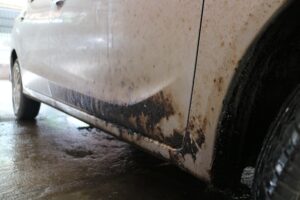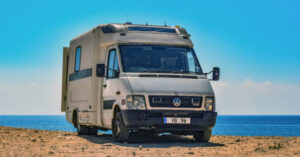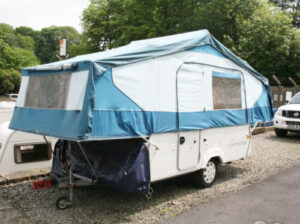Popularity of motorhome travel in New Zealand:
Motorhome travel in New Zealand has surged in popularity over recent years, offering travelers an unparalleled sense of freedom and adventure. The country’s diverse landscapes, ranging from pristine beaches to majestic mountains, make it a dream destination for those wanting to explore its natural beauty at their own pace. Traveling by motorhome allows visitors to immerse themselves in the Kiwi culture, interact with locals, and discover hidden gems off the beaten path.
Benefits of traveling in a motorhome:
Traveling in a motorhome provides a unique blend of comfort and flexibility. It’s akin to carrying a piece of home wherever you go, ensuring you have all the amenities you need. This mode of travel eliminates the hassle of booking accommodations, offers the luxury of waking up to different scenic views each morning, and allows for spontaneous detours and stops. Moreover, it fosters a deeper connection with nature, as many choose to camp amidst New Zealand’s stunning landscapes.
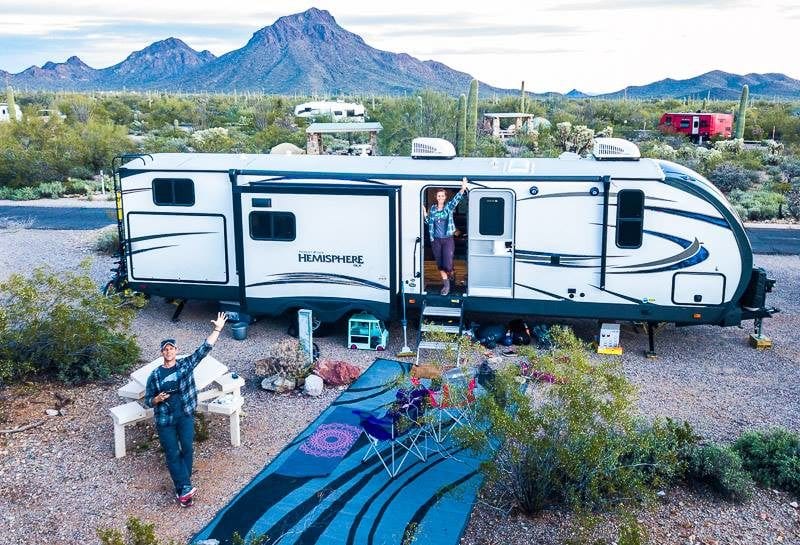
Understanding New Zealand’s Parking Laws:
Overview of freedom camping:
Freedom camping, a term commonly used in New Zealand, refers to camping on public land that isn’t a recognized camping ground. While it offers the allure of camping in picturesque locations without the associated costs, it’s essential to be aware of the rules. Not all public lands permit freedom camping, and the regulations can vary between regions.
Regional variations in parking laws:
Each region in New Zealand has its own set of rules and regulations concerning motorhome parking and freedom camping. Some local councils are more welcoming, allowing free camping in designated areas, while others might have stricter regulations or even prohibit it altogether. It’s crucial for travelers to research and familiarize themselves with the specific rules of the regions they plan to visit to avoid potential fines or inconveniences.
Self-Contained Vehicles:
What qualifies as a self-contained vehicle?:
A self-contained vehicle in New Zealand is one that has been certified to meet the standards set for self-containment. This means the vehicle is equipped to sustain its occupants for up to three days without needing external amenities. It should have facilities for storing fresh water, waste water, and a toilet. The idea behind this is to reduce the environmental impact and ensure that campers don’t leave waste behind.

Importance of the Caravan Self-Containment Certification:
The Caravan Self-Containment Certification is a testament to a vehicle’s capability to minimize its environmental footprint. Vehicles that have this certification display a blue and white sticker, signaling to authorities and campgrounds that they meet the necessary standards. This certification not only promotes responsible camping but also broadens the range of places where one can legally camp, as many free camping spots require vehicles to be self-contained.
Finding Free Parking:
Tips for finding free parking spots:
Finding free parking spots for motorhomes in New Zealand requires a bit of research and planning. Utilizing dedicated apps or websites that list free or low-cost camping areas can be incredibly helpful. Additionally, engaging with local communities or other travelers can provide insights into lesser-known spots. Always look out for signage that indicates whether parking or camping is allowed in a particular area.
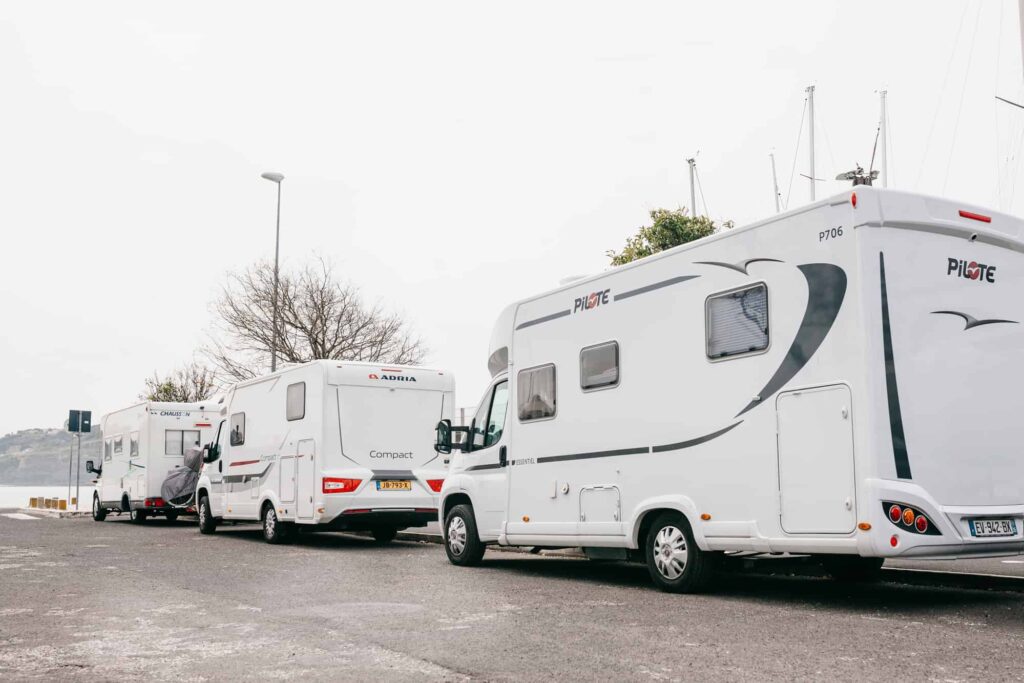
Using apps or websites to locate free parking areas:
In today’s digital age, there are several apps and websites tailored for motorhome travelers in New Zealand. These platforms provide detailed information on free parking spots, user reviews, available amenities, and any associated rules. Some popular platforms include CamperMate and Rankers Camping NZ. Leveraging these resources can make the search for the perfect spot much more straightforward and ensure compliance with local regulations.
Highlighted Free Parking Spots:
Detailed descriptions of popular free parking spots:
New Zealand boasts numerous iconic free parking spots that motorhome travelers cherish. For instance, the Orangihikoia Campsite on the North Island offers a remote setting near Lake Waikaremoana, perfect for those seeking solitude amidst nature. On the South Island, the Klondyke Corner Campsite is set against a backdrop of towering mountains, providing breathtaking views.
Amenities available at these spots and nearby attractions:
While free parking spots are a boon for budget travelers, it’s essential to note that amenities might be limited. Some sites might offer basic facilities like drop toilets and rainwater, while others might be more barebones. However, what they might lack in amenities, they make up for with their proximity to attractions. For example, the Kaiaua Beach spot on the North Island is ideal for beach lovers and is just a short drive from the state highway, making it easily accessible.
Responsible Camping:
Importance of leaving no trace:
Leaving no trace is a fundamental principle that every camper, regardless of their mode of travel, should adhere to. It emphasizes the importance of preserving the natural environment and ensuring that future travelers can enjoy the same pristine conditions. In New Zealand, where the natural beauty is one of its primary attractions, it’s crucial to minimize one’s impact. This means packing out all waste, avoiding disturbing wildlife, and refraining from picking plants or damaging natural structures.
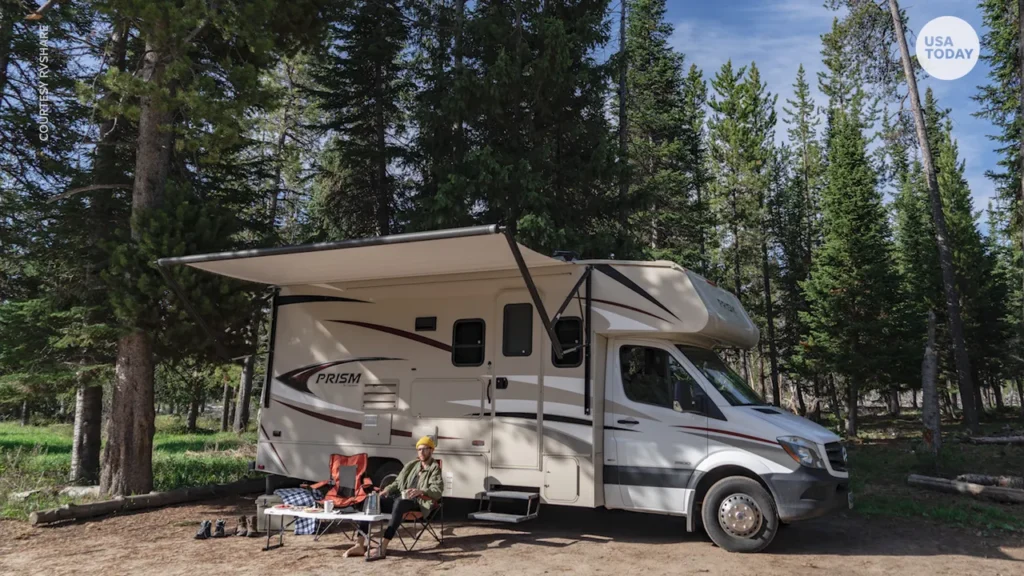
Proper waste disposal methods:
Disposing of waste responsibly is a cornerstone of ethical camping. For motorhome travelers, this means regularly emptying waste water and sewage at designated dump points. Many free camping sites in New Zealand might not offer waste disposal facilities, so travelers should plan their routes to include stops at places where they can safely and hygienically dispose of waste. Additionally, recyclables should be separated and disposed of at recycling facilities, and general waste should be packed out if no disposal facilities are available.
Safety Tips:
Safe practices while parking overnight:
Safety should always be a priority when choosing a spot to park overnight. Travelers should ensure they’re parking in a designated area where overnight stays are permitted. It’s also wise to avoid isolated areas, especially if traveling alone. Instead, opt for well-lit spots or areas where other campers are present. Before settling in for the night, ensure all doors and windows are locked, and valuables are stored out of sight.
Being aware of weather conditions and potential hazards:
New Zealand’s diverse landscapes come with varying weather conditions and potential natural hazards. Before parking, it’s essential to check the weather forecast, especially if you’re in coastal or mountainous regions. Areas prone to flooding, landslides, or strong winds should be approached with caution. Additionally, always be aware of local wildlife and ensure that food and waste are stored securely to avoid attracting unwanted visitors.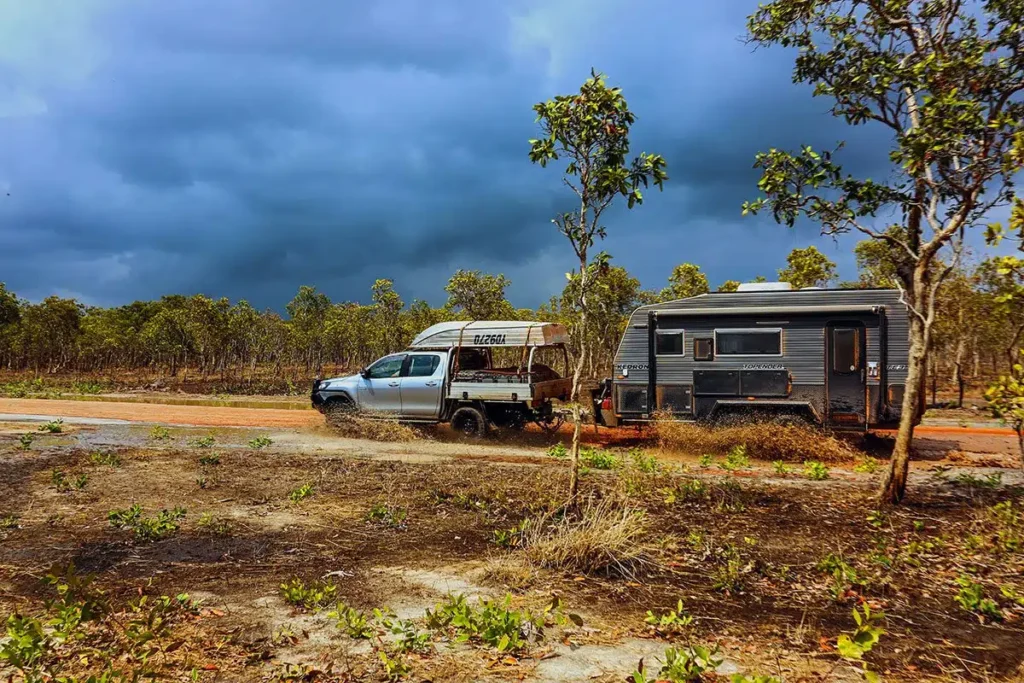
Alternatives to Free Parking:
Affordable campsites or holiday parks:
While free parking spots are a fantastic option for budget travelers, sometimes the amenities and security offered by paid campsites or holiday parks can be worth the expense. These sites often provide facilities like showers, laundry, kitchen areas, and waste disposal. Additionally, they might offer recreational amenities like swimming pools, playgrounds, or BBQ areas. Being in a designated area also provides a sense of security, especially for families or solo travelers.
Benefits of staying at these places:
Staying at a paid campsite or holiday park offers more than just amenities; it provides an opportunity to connect with fellow travelers, share experiences, and gather recommendations. These sites are often well-maintained, with staff on hand to assist with any needs or provide local insights. Furthermore, they’re usually strategically located near popular attractions or towns, making them convenient bases for exploring the surrounding areas.
Testimonials:
Sharing experiences of other motorhome travelers:
Hearing firsthand experiences from fellow motorhome travelers can be invaluable. These testimonials provide insights into the best spots to park, tips on navigating local regulations, and recommendations for must-visit attractions. By including these experiences in your article, readers can gain a more comprehensive understanding of what to expect and can learn from the successes and challenges faced by others.
Tips and tricks they’ve learned on the road:
Every traveler accumulates a wealth of knowledge during their journeys. From finding hidden gems to mastering the art of compact living in a motorhome, these tips and tricks can be incredibly beneficial for newcomers to the motorhome travel scene. Sharing these insights not only enriches your article but also fosters a sense of community among readers, encouraging them to share their own experiences and advice.
Conclusion:
Encouraging responsible and enjoyable motorhome travel in New Zealand:
As you conclude your article, it’s essential to reiterate the importance of responsible travel. New Zealand’s natural beauty is a treasure, and it’s up to every traveler to ensure it remains unspoiled for future generations. By adhering to local regulations, practicing leave no trace principles, and being respectful of the environment and local communities, motorhome travelers can ensure they have a positive impact on the places they visit.
Reflecting on the unique experiences motorhome travel offers:
Motorhome travel in New Zealand offers a unique blend of adventure, freedom, and comfort. It allows travelers to immerse themselves in the country’s diverse landscapes, connect with its rich culture, and create memories that will last a lifetime. As you wrap up your article, inspire your readers to embark on their own motorhome journey, emphasizing the unparalleled experiences and connections they’ll forge along the way.

